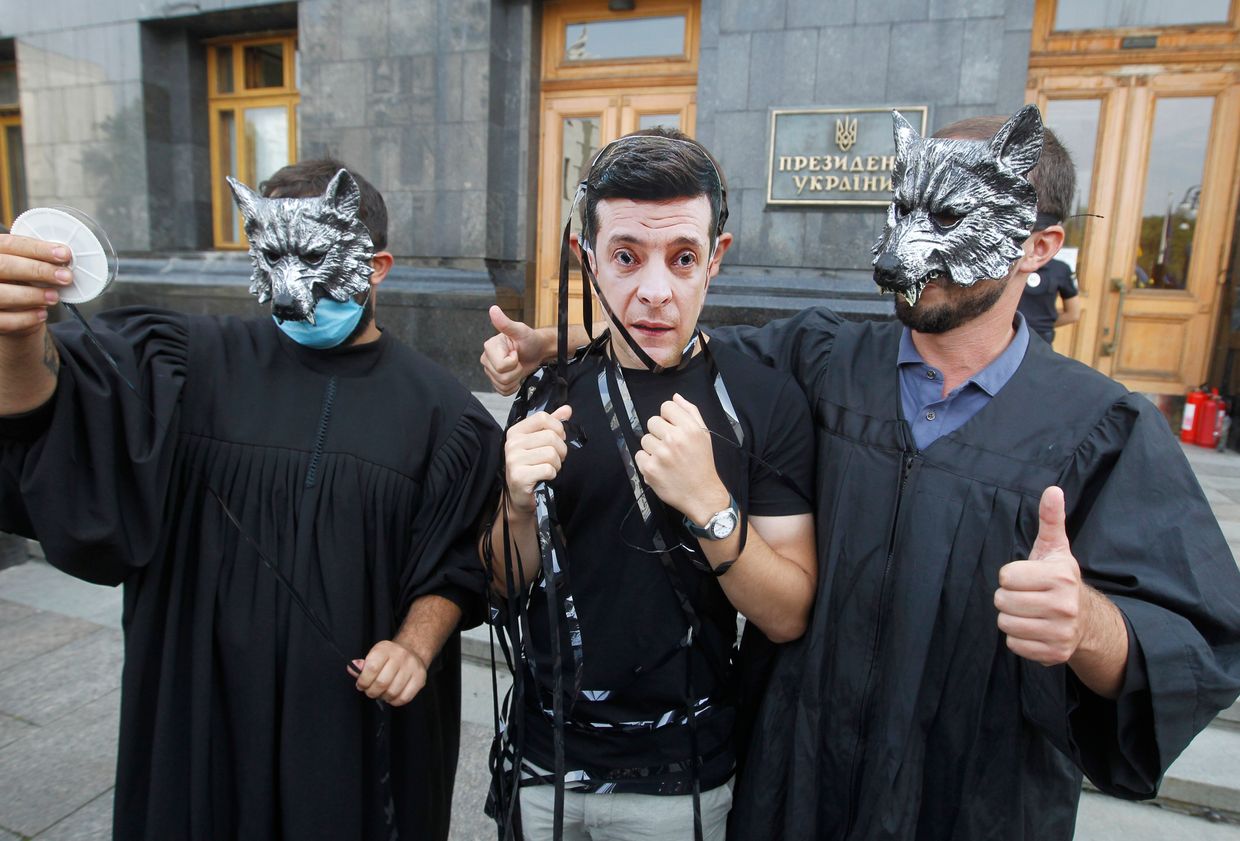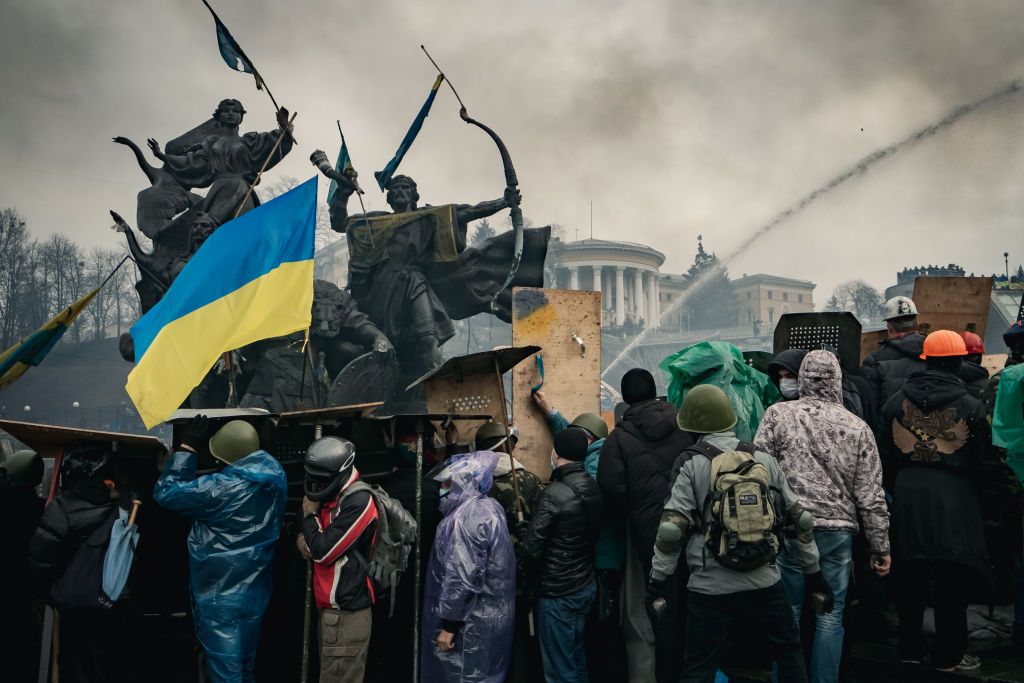Opinion: For Ukraine, elections can wait

Ukrainian President Volodymyr Zelensky made headlines when he confirmed his belief that general elections should be postponed until after Ukraine wins the war. Despite some calls from Western allies to field elections sooner rather than later, polling shows that a majority of Ukrainians agree with Zelensky’s assessment that the country must remain laser-focused on prevailing in the fight against Russia.
Ukraine’s ongoing fight to expel its Russian invaders isn’t merely a territorial dispute – it is an existential war that will determine whether this independent nation survives or is subjugated to rule by the Kremlin. The democratic future that Ukraine is fighting for – and which the country has made so much progress in achieving since the Revolution of Dignity – is impossible if the war itself is not won. And while rushed elections might appease external expectations, the reality is that it would be virtually impossible for a critical mass of Ukrainians to properly participate in the elections, given the realities of wartime.
The fact is Ukraine faces significant logistical challenges that would prevent millions of Ukrainians from fully participating in the democratic process. Currently, there are over 6 million Ukrainian refugees, with the near majority now living throughout Europe, and 5 million Ukrainian citizens have been forced to flee their homes and now live as internally displaced persons (IDPs), posing significant challenges to voter mobilization and access.
Ukraine’s active-duty soldiers would also be prevented from participating in election campaigns and organizing around new and emerging veterans’ interest causes. Needless to say, veterans and service members who have risked everything to defend their country deserve to have their voices heard in the next election.
The security situation is another important obstacle to holding elections, as citizens must feel it is safe to go to their polling stations. The status quo of daily Russian missile bombardments, artillery barrages and Iranian-made Shahed drone strikes would make it extremely difficult to establish the security infrastructure necessary to safeguard new polling centers. What’s more, Russia’s history of targeting large gatherings of civilians suggests that Russian forces could choose Election Day as an opportunity to stage massive attacks on Ukrainian civilians. Such actions would not only sow terror in the general population, but would benefit the Kremlin by disrupting or discrediting the democratic process.
Finally, Kyiv cannot risk endangering the national unity, which has been crucial to its fight for survival. Ukraine’s will no doubt be competitive and likely divisive – a natural and desirable attribute in elections, but highly corrosive to that all-important nationwide solidarity.
Establishing an adequate security environment and liberating as many Ukrainian communities and citizens as possible are crucial preconditions for holding safe, free, and fair elections. Only after building the security context required to ensure citizens’ safety can Ukraine politically mobilize and build public correspondence between different audiences, political parties, and new political interests.
Ukraine should use this time to focus on building the legislative framework to ensure all citizens have access to the franchise and to enhance institutional transparency. For example, the passage of last September’s reworked asset declaration law is a crucial step in the right direction to enforce accountability over elected officials and help establish an open political environment conducive to inclusive public discourse. Additional reforms should focus on ensuring that Ukraine’s extensive diaspora is able to access international polling stations and protect the voting rights of the millions of Ukrainian IDPs residing outside of their official voting registries.
Ukrainians understand better than anyone that democracy requires more than just elections; it must be fortified through inclusive, representative processes that allow citizens to participate fully. Indeed, both the Orange Revolution of 2005 and the Revolution of Dignity of 2014 began after ruling interests denied the popular will and manipulated state institutions following controversial election cycles.
Ukrainians are fighting to preserve a free, independent Ukrainian democracy based on inclusivity, liberty, and political accountability. But in order to do that, Ukraine must first achieve victory and guarantee its national independence while also undertaking requisite legislative and institutional reforms. Only then can Ukraine guarantee truly free and fair elections for all its citizens.
Editor's Note: The opinions expressed in the op-ed section are those of the authors and do not purport to reflect the views of the Kyiv Independent.














